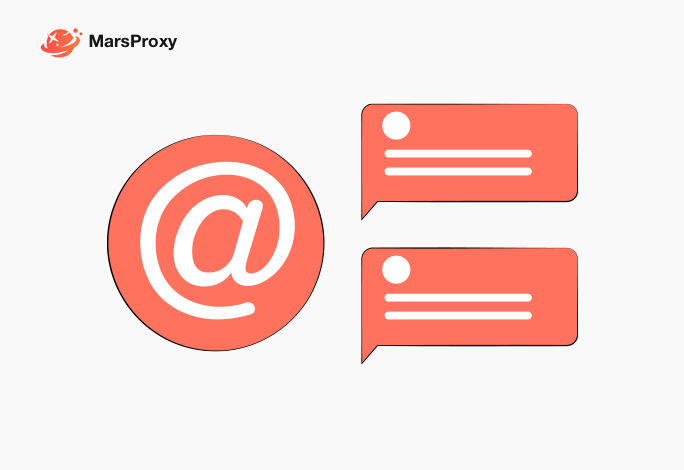When you use an open proxy, your internet traffic is routed through the proxy server before reaching its final destination. This means your IP address is masked, and the server's IP address is displayed instead. This can be beneficial for various reasons, such as:
- Bypass Geo-restrictions: Accessing content that is restricted in your region.
- Anonymity: Hiding your identity and location from websites.
- Speed: Sometimes, open proxies can provide faster internet speeds, especially if the server is located closer to the content you're trying to access.
Benefits and Drawbacks
While open proxies offer some advantages, they also come with significant risks:
- Security Risks: Open proxies can be easily compromised by malicious actors. Hackers can use them to launch attacks, spread malware, or steal sensitive information.
- Reliability: The performance and availability of open proxies can be unpredictable. They may slow down your connection or become unavailable at any time.
- Legal Issues: Using open proxies can violate the terms of service of many websites and online services. In some cases, it may even be illegal.
Why Use an Open Proxy?
Despite the risks, open proxies are still used for a variety of purposes, including:
- Web Scraping: Collecting data from websites.
- Testing Websites: Checking how a website works from different locations.
- Bypassing Censorship: Accessing blocked content.
Conclusion
Open proxies offer a simple way to mask your IP address and bypass geo-restrictions, but they come with significant security and reliability risks. Before using an open proxy, it's important to weigh the benefits against the potential drawbacks. For most users, it's recommended to use more secure and reliable proxy solutions, such as private or authenticated proxies.
 Mars proxy
Mars proxy
 Mars proxy
Mars proxy
